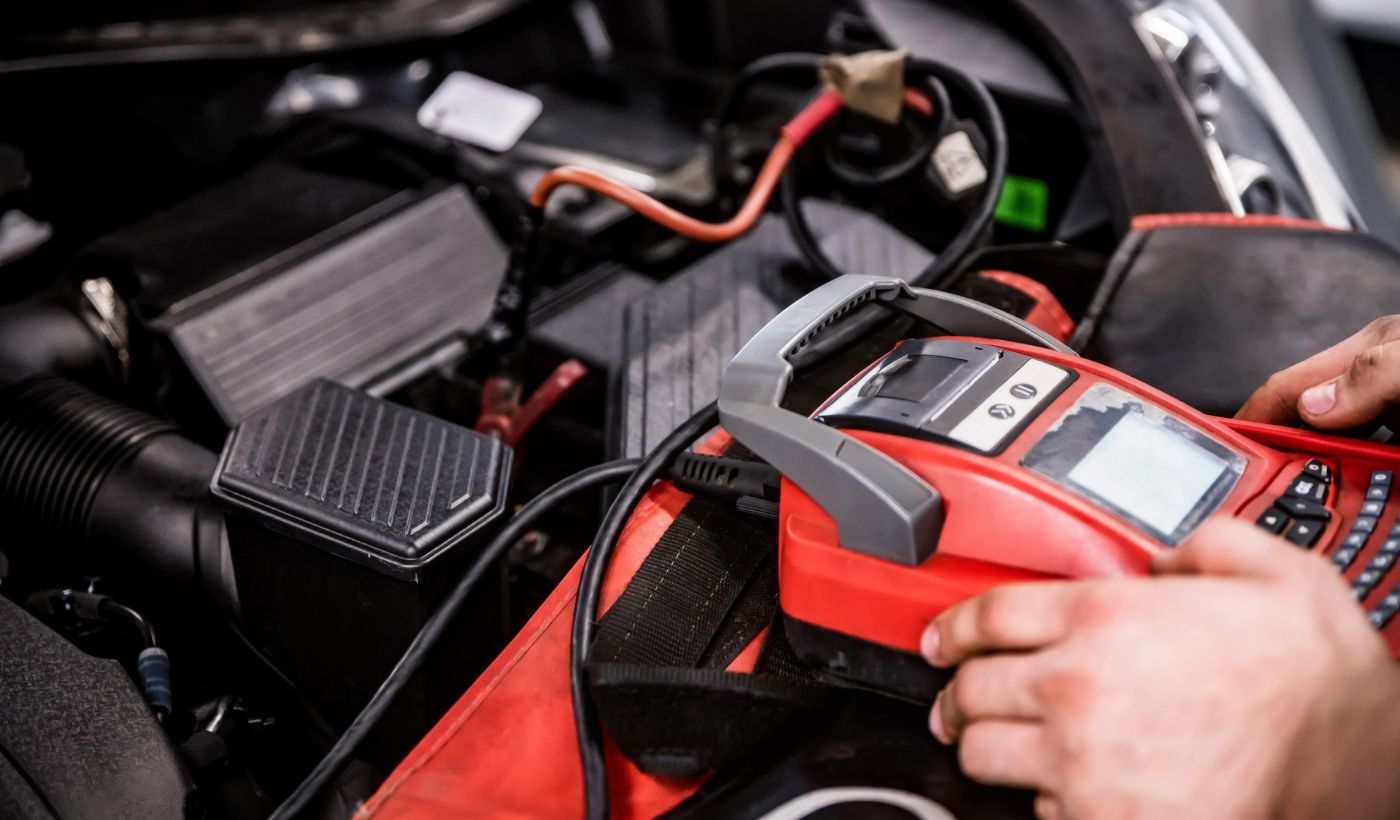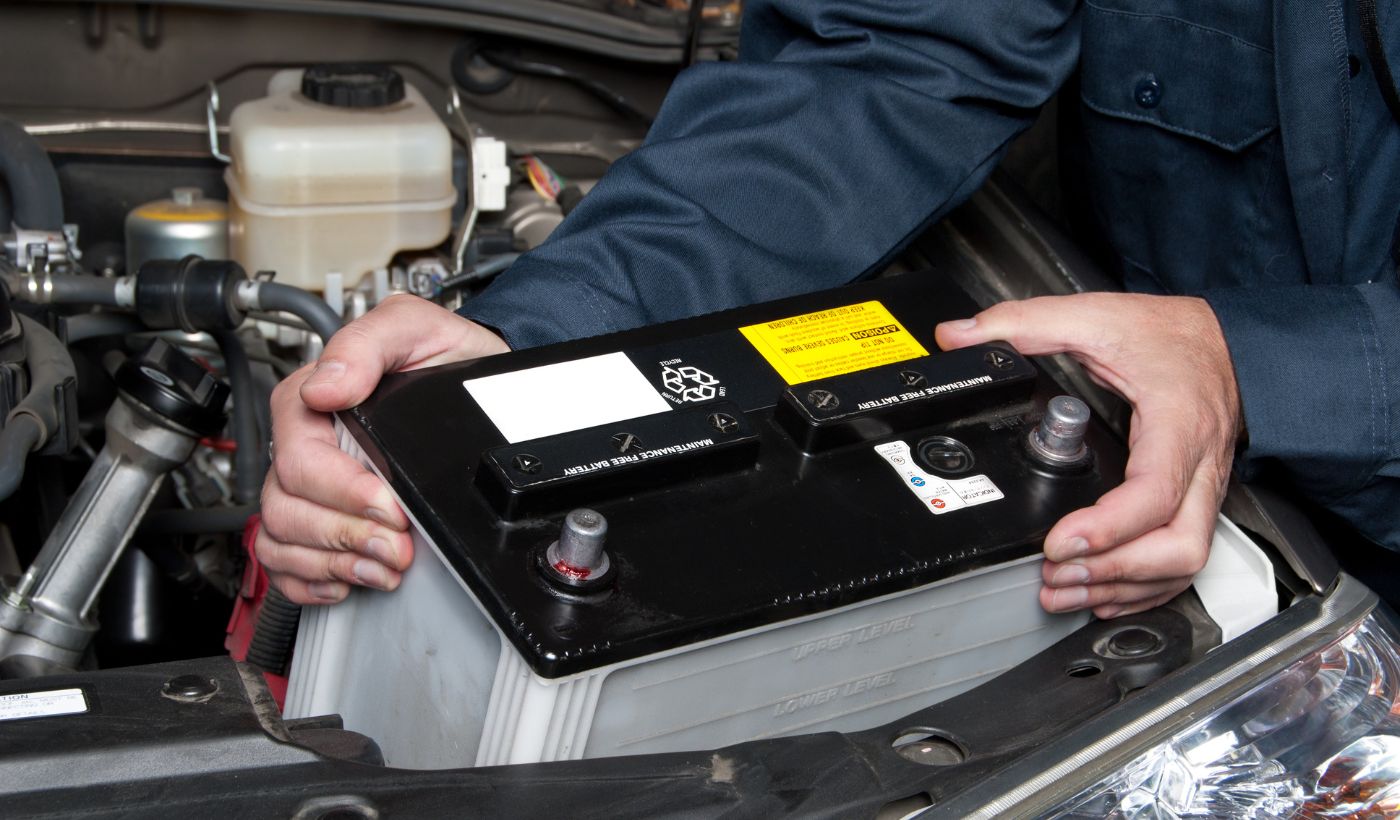
Harnessing the Sun: Understanding Solar Batteries
As renewable energy becomes increasingly popular, solar batteries are playing a crucial role in maximizing the efficiency of solar power systems. Let’s explore how these innovative devices work and why they’re essential for a sustainable energy future.
What Are Solar Batteries?
Solar batteries are rechargeable batteries designed to store excess electricity generated by solar panels. They allow homeowners and businesses to use solar energy even when the sun isn’t shining, making solar power systems more reliable and efficient.
How Do Solar Batteries Work?
The process is straightforward:
- Solar panels generate electricity during daylight hours.
- Excess energy not immediately used is stored in the solar battery.
- When solar panels aren’t producing electricity (e.g., at night or on cloudy days), the stored energy in the battery is used to power your home or business.
Types of Solar Batteries
There are several types of solar batteries available:
- Lead-Acid Batteries: Affordable but have a shorter lifespan.
- Lithium-Ion Batteries: More expensive but offer longer life and better performance.
- Saltwater Batteries: Eco-friendly option with no heavy metals.
Benefits of Solar Batteries
Incorporating solar batteries into your solar power system offers numerous advantages:
- Energy Independence: Reduce reliance on the grid and potentially go off-grid entirely.
- Lower Electricity Bills: Use stored solar energy instead of drawing from the grid during peak hours.
- Backup Power: Provides electricity during power outages.
- Reduced Carbon Footprint: Maximize use of clean, renewable energy.
Factors to Consider When Choosing a Solar Battery
When selecting a solar battery, keep these factors in mind:
- Capacity: How much energy the battery can store.
- Power Rating: How much electricity the battery can provide at once.
- Depth of Discharge (DoD): How much of the battery’s capacity can be used.
- Round-Trip Efficiency: How efficiently the battery can convert incoming electricity to stored electricity and back again.
- Warranty: Look for batteries with longer warranties for peace of mind.
Maintenance and Lifespan
Most modern solar batteries require minimal maintenance. However, their lifespan can vary:
- Lead-acid batteries typically last 5-10 years.
- Lithium-ion batteries can last 10-15 years or even longer.
- Regular monitoring and proper use can help extend battery life.
The Future of Solar Batteries
As technology advances, we can expect to see solar batteries become more efficient, affordable, and environmentally friendly. Innovations in materials and design are continually improving storage capacity and lifespan, making solar energy an increasingly viable option for powering our homes and businesses.
Conclusion
Solar batteries are a game-changer in the world of renewable energy, allowing us to harness the sun’s power more effectively than ever before. By storing excess solar energy for later use, these innovative devices are helping to create a more sustainable and resilient energy future. Whether you’re looking to reduce your carbon footprint, lower your electricity bills, or gain energy independence, solar batteries are a technology worth considering.




